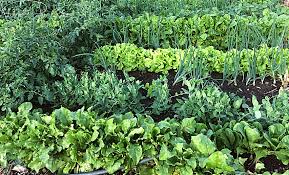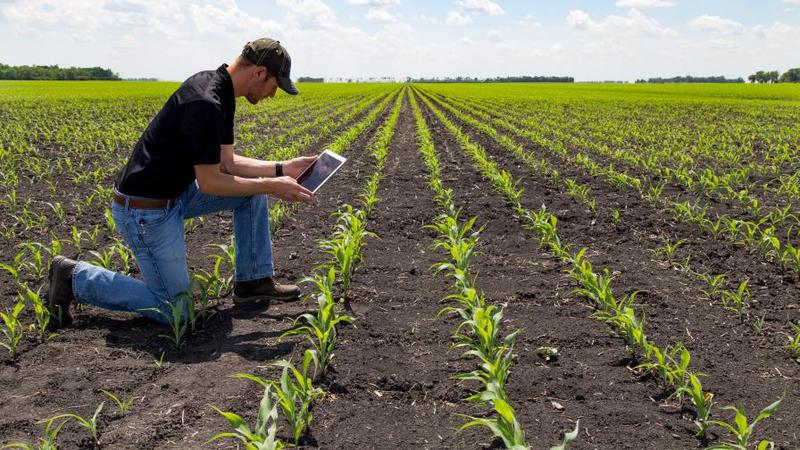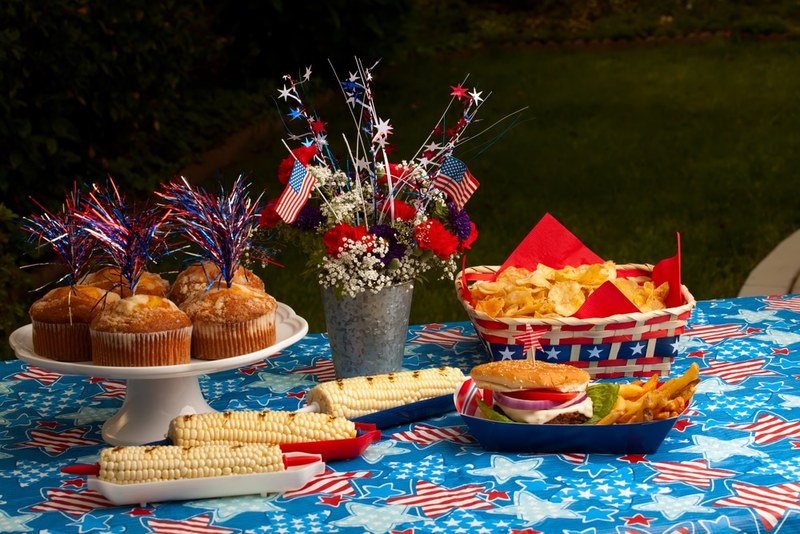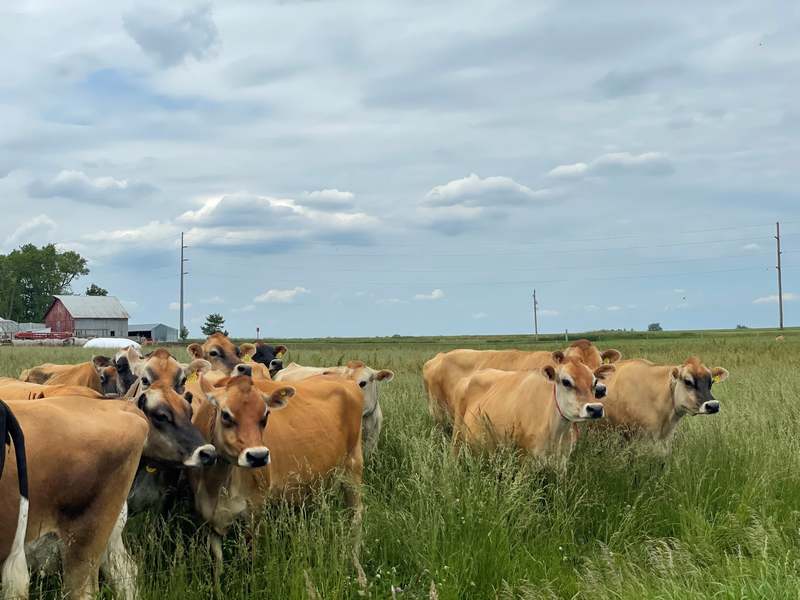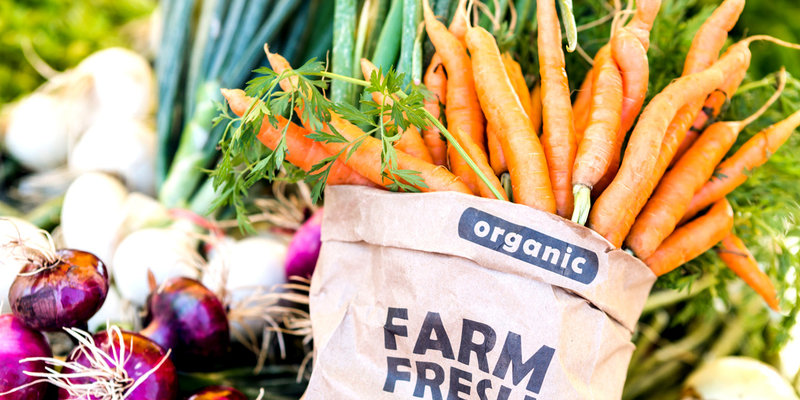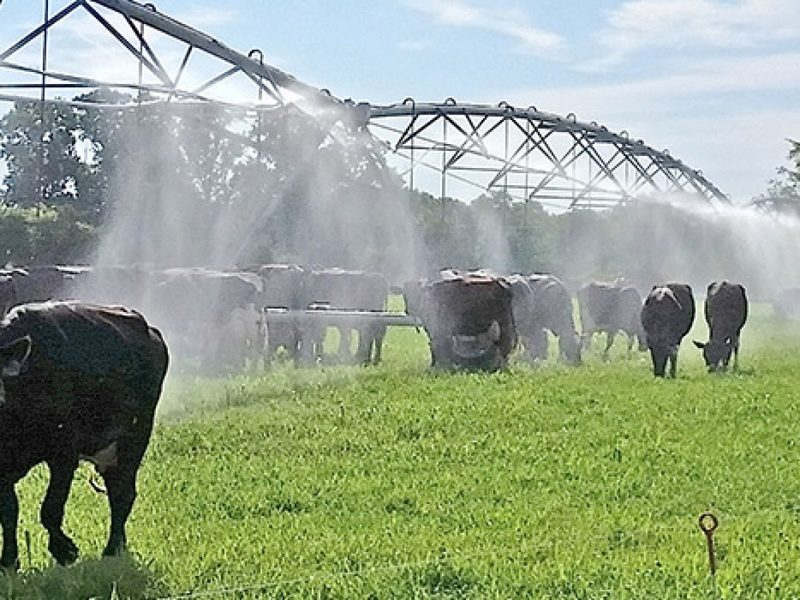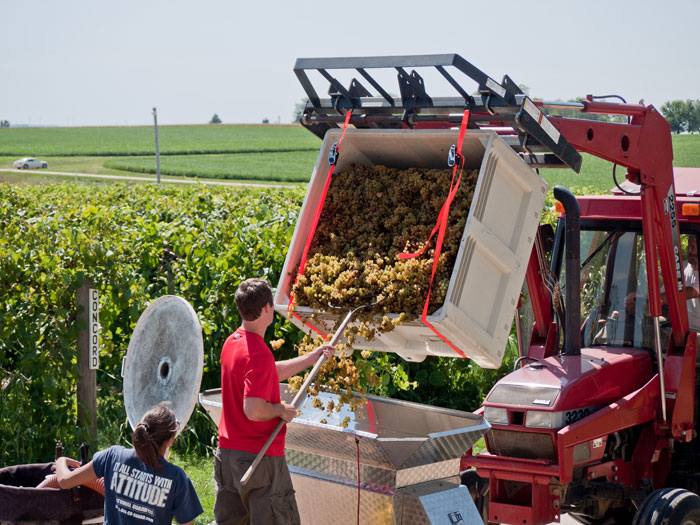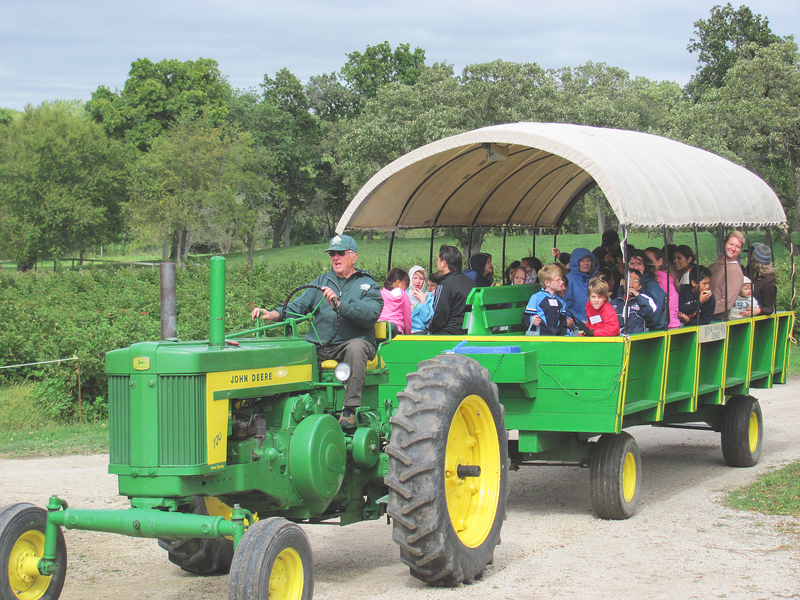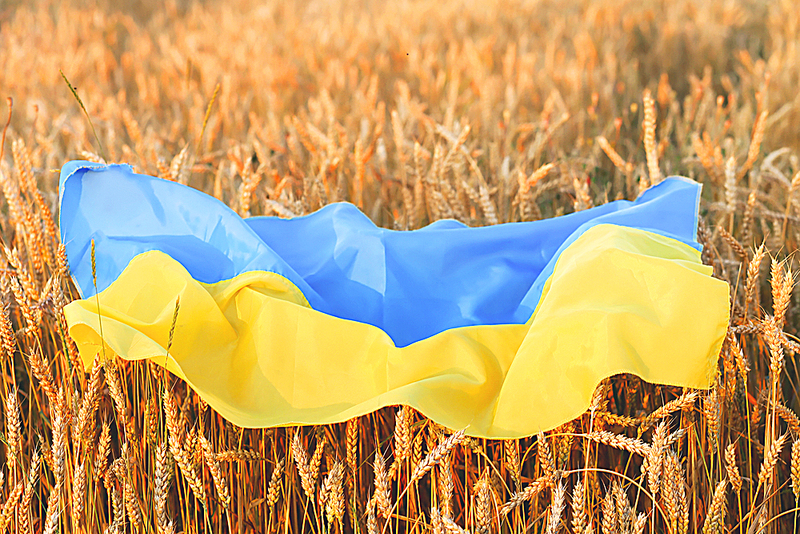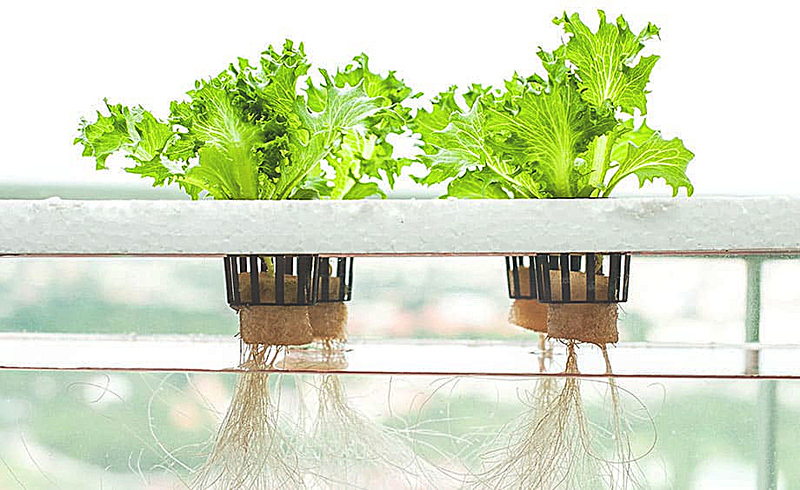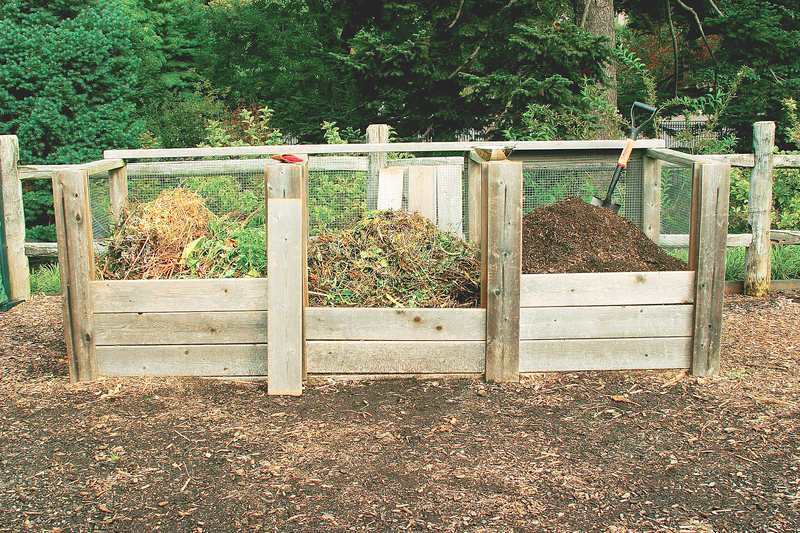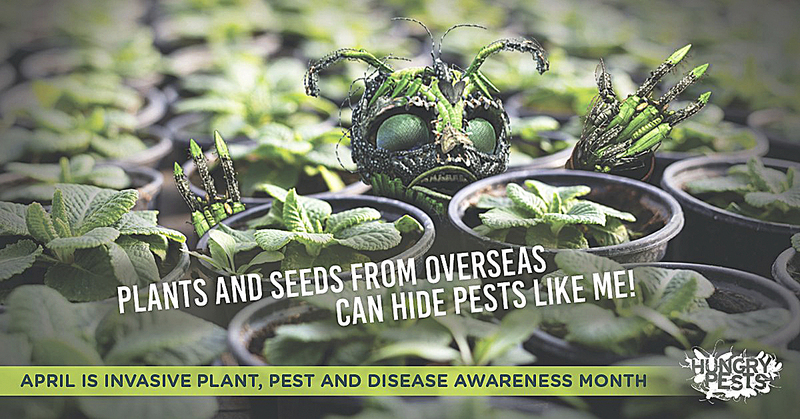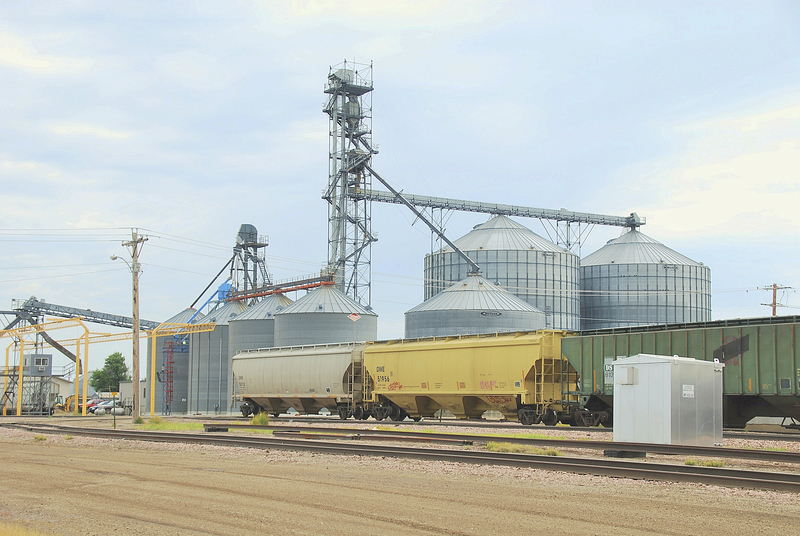The University of Illinois Extension defines Agritourism as “any business activity that brings the public to a farm or rural setting in an effort to market farm raised or produced products or for the enjoyment of related outdoor activities”. Oftentimes you will find agritourism as small, local businesses on the main streets of local communities or locations just outside of rural communities. Popular examples of agritourism in Illinois include pumpkin patches, berry farms, orchards, wineries, corn mazes, farmers markets, bed and breakfasts, and more! The diversity of these businesses offers a wide variety of products and services to their visitors, who are typically consumers who enjoy the experience of visiting the location as much as what they may purchase from there.
Agritourism helps rural communities grow economically. The United States Travel Association states that travel and tourism is an over one-billion-dollar industry for the U.S. and generates more than 9 million jobs. The last Census of Agriculture was taken in 2017 and said that 28,575 farms offered agritourism and recreational services that year. Those 28,575 farms generated 949 million dollars in sales. The next Census of Agriculture is to be performed this year, where the number of farms that offer agritourism is expected to increase. Between 2007 and 2017 alone, agritourism grew by 67% and the growth has not been on the decline since then. Some reasons why agritourism is a developing business is because of the opportunity to increase revenue through diversification and the opportunity to make use of underutilized farm resources. In addition, adding agritourism to your operation can offset the costs of rural property ownership and possibly allow for early retirement. It is also a chance to make a business out of a hobby. This may be for wine making, baking, crafting, gardening, hunting, and more.
